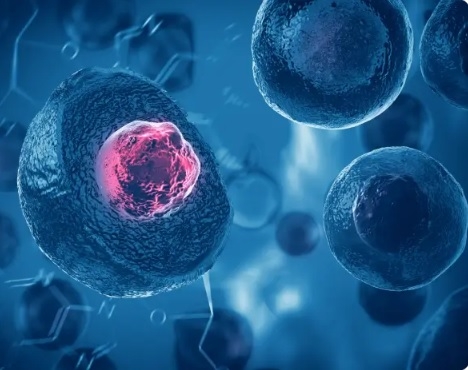How Regenerative Science May Transform Autoimmune Disorder Management

Millions of people worldwide live with autoimmune disorders, where the body's immune system mistakenly attacks healthy tissues. While conventional approaches focus on symptom management, emerging regenerative science offers a promising new pathway for addressing these complex conditions. Among these innovations, Regenerative Protein Array (RPA) by Genesis Regenerative may potentially represent a significant advancement in how we approach autoimmune disorders through the power of naturally occurring biological messages.
Autoimmune disorders encompass a wide range of conditions, including rheumatoid arthritis, multiple sclerosis, Hashimoto's thyroiditis, and inflammatory bowel diseases. These conditions share a common thread: an overactive immune response that damages the body's own tissues. Traditional management strategies often rely on immunosuppressive medications that can weaken the entire immune system while providing temporary relief.
Recent advances in regenerative science have shifted focus toward harnessing the body's natural healing mechanisms. Rather than simply suppressing immune function, regenerative approaches may potentially work by providing the cellular environment with the right biological signals to promote healing and tissue regeneration. This represents a fundamental change in how we understand and approach autoimmune conditions.
The science behind regenerative therapy centers on proteins, growth factors, and cytokines that naturally occur during tissue repair processes. These biological messages may potentially guide the body's own resident stem cells and progenitor cells to restore damaged tissues. Research suggests that these regenerative messages naturally process to areas of highest need first, potentially helping to restore normal cellular function.
Anti-inflammatory properties play a crucial role in this process. Unlike conventional anti-inflammatory medications that broadly suppress immune responses, regenerative proteins may potentially work by modulating the inflammatory response more precisely. This targeted approach may help reduce harmful inflammation while preserving the immune system's ability to protect against genuine threats.
This approach may potentially benefit various autoimmune conditions, including Parkinson's disease, thyroid disorders, rheumatoid arthritis, multiple sclerosis, irritable bowel syndrome, fibromyalgia, diabetes, and Crohn's disease. Each condition may respond differently based on the specific tissues involved and the individual's unique biological profile.
Are you interested in learning more about how regenerative science may potentially help with autoimmune disorders? Visit Genesis Regenerative online at https://genesisregenerative.com/ to discover whether RPA Therapy may be right for you and to find a qualified clinician near you who can provide personalized guidance based on your specific health needs.
- Art
- Causes
- Crafts
- Dance
- Drinks
- Film
- Fitness
- Food
- Games
- Gardening
- Health
- Home
- Literature
- Music
- Networking
- Other
- Party
- Religion
- Shopping
- Sports
- Theater
- Wellness



